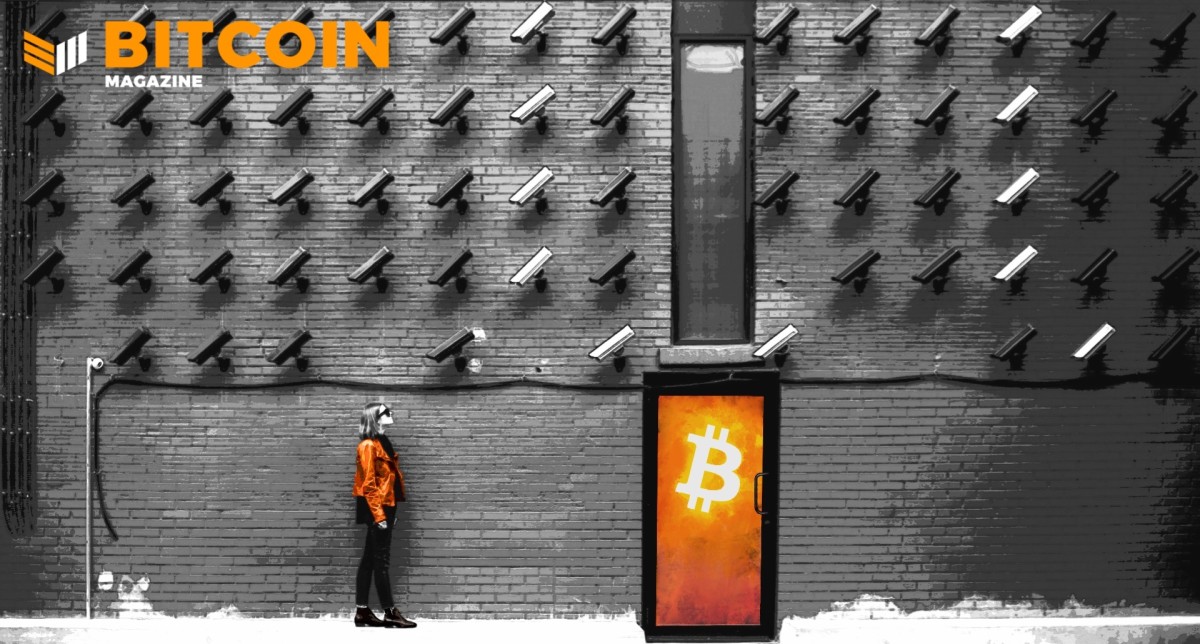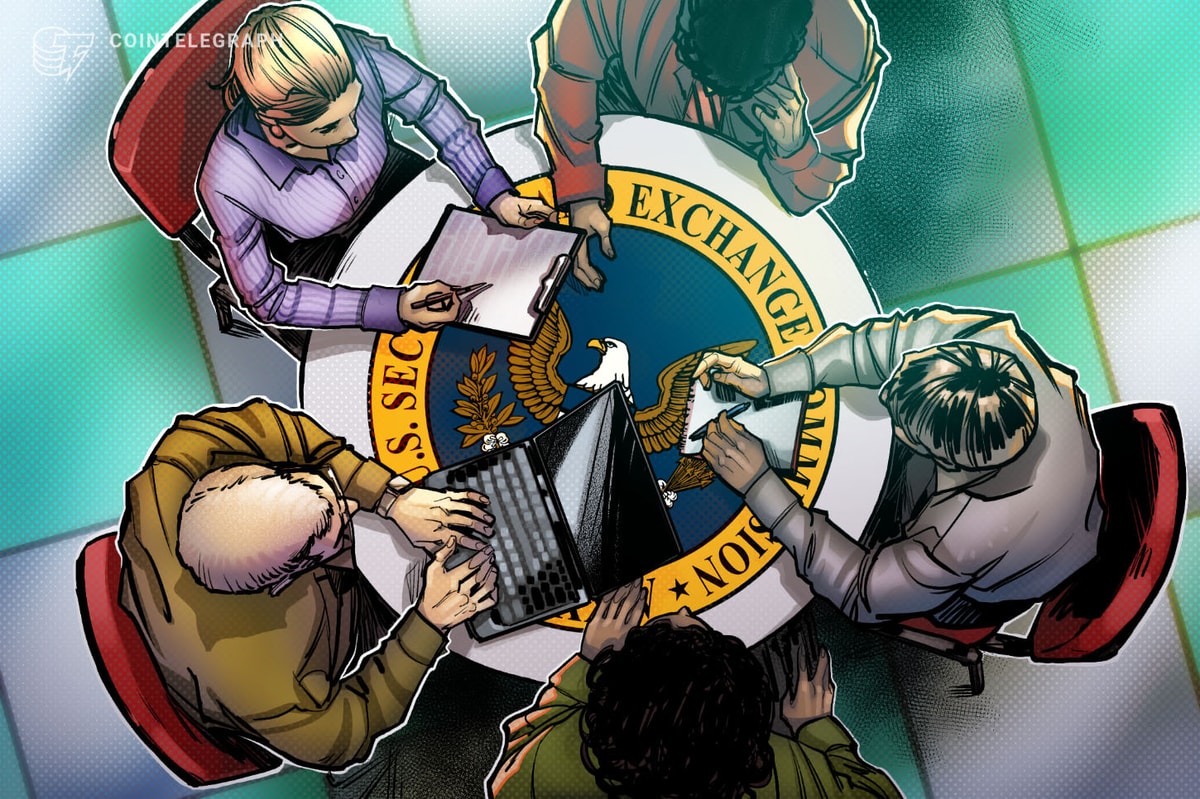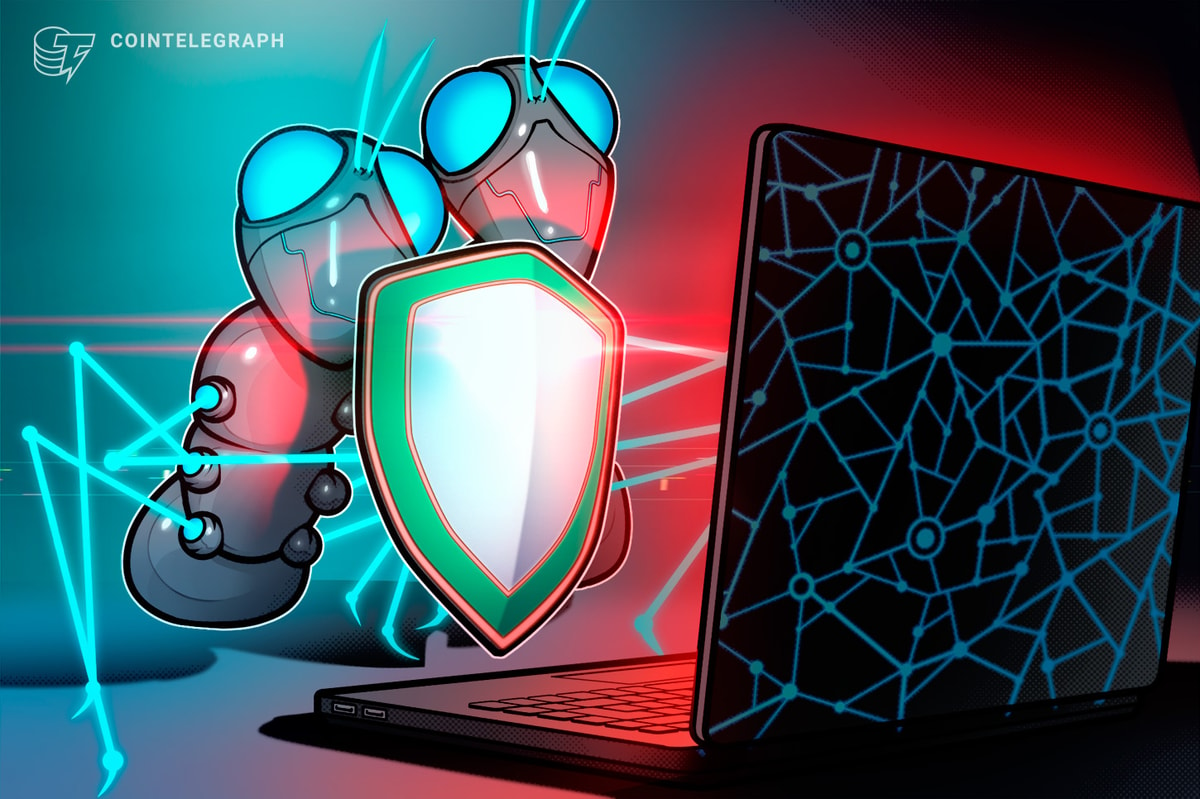As a matter of historical analysis, the relationship between secrecy and privacy can be stated in an axiom: the defense of privacy follows, and never precedes, the emergence of new technologies for the exposure of secrets — Jill Lepore
You think you don’t care about privacy, since you have nothing to hide.
OK, hand me your laptop, phone and passwords so I can look at your messages, purchases and browsing history for the past year.
If you won’t do any or all of this, you actually do care about some privacy.
Edward Snowden summed this up in a post on Reddit:
“Arguing that you don’t care about the right to privacy because you have nothing to hide is no different than saying you don’t care about free speech because you have nothing to say.”
And yet, most people think they don’t care about privacy because they have nothing to hide; they are not in a (currently) repressive government; they aren’t hurt by any arbitrary laws; or they are not “into” politics and would not protest.
But, would you care about:
- Your income being public?
- Your net worth being public?
- Your purchases being public and by extension , your physical purchase location being public?
Can you know for sure that you will never have a family member who is suffering and you need to buy something illicit in order to ease their suffering?
Would you want your medical records and purchases to be public? Would you want any mental health notes or records to be public?
The notion that a person’s dying words might be “Erase my browser history” has become a punch line.
Technology And Privacy — History To Future
Back in 1890 (132 years ago!), Brandeis and Warren (not Elizabeth) wrote “The Right to Privacy,” which foretold the privacy compromises that technology would enable.
"Instantaneous photographs and newspaper enterprise have invaded the sacred precincts of private and domestic life; and numerous mechanical devices threaten to make good the prediction that ‘what is whispered in the closet shall be proclaimed from the house-tops.’"
In 1993, the “Cypherpunk’s Manifesto” stated the same concerns:
“Privacy is necessary for an open society in the electronic age…privacy is the power to selectively reveal oneself to the world.”
Very soon afterwards, these same cypherpunks fought to ensure that cryptography and encryption were legal — in order to enable people’s privacy in the digital age.
Fast-forward to 2022, numerous bans on encryption have resurfaced, from the Earn IT in the US, to similar efforts in the European Union.
That basic technical tool for privacy — encryption — is on the chopping block so that governments (or hackers) can peer into private information.
In my opinion, you should care about privacy because information is power.
Information Is Power
Regardless of whether it’s you, your social media provider or the government who is compromising your private information, that information about you is power over you by whoever has that information.
Maybe you don’t care now. But at some point, you may care. Especially as a Bitcoiner.
Per Jameson Lopp, “you may not be a target right now — but you may become one in the future as your wealth increases, you endorse unpopular political or religious perspectives or… you make a single post on social media in poor judgment.”
The more someone knows about us, the more power they have over us:
- Pricing goods or services according to income, credit score or prior unrelated purchases.
- Extortion or reputational damage.
- Physical security or access.
Your Data Has Been Obtained Via A Data Compromise
If you thought you didn’t care about privacy, did you care when you found out a bad actor had hacked a Bitcoin company’s vendor and now has your personal data?
If your data was compromised, that bad actor now knows you hold Bitcoin. If your home address was leaked, they now know where you live. Together, those two pieces of information can compromise your physical safety, as well as the safety of anyone who lives with you. Even if the bad actor only knows your email address or phone number, it’s possible that a web search reveals your place of work. From there, someone could follow you home.
If you didn’t care about privacy before this compromise, I am guessing you do now. Even if you weren’t compromised, it should be an eye-opener for privacy concerns.
It’s a good reminder to improve your privacy practices. If you believe in the future use and values of Bitcoin, it’s an imperative.
Bitcoin And Lightning Network Use And Privacy
To be prepared, it’s best to research, understand and implement privacy best-practices for Bitcoin and Lightning tools and trade-offs as well as related device and personal security that I wrote about in “Bitcoin Opsec Tips.”
Even if you still don’t care about privacy for yourself, know that privacy matters for many others in other situations in the world. Your actions or inactions with Bitcoin and Lightning can compromise their security.
As L0LA L33TZ recently wrote:
“This common misconception has stood firmly for the past few decades: user privacy only regards our individual actions — while the reality is that our own privacy affects the privacy of everyone we interact with.”
After all of the above, if you still think you don’t care about privacy for yourself or others, don’t say we didn’t warn you when you finally do.
This is a guest post by Heidi Porter. Opinions expressed are entirely their own and do not necessarily reflect those of BTC Inc or Bitcoin Magazine.











